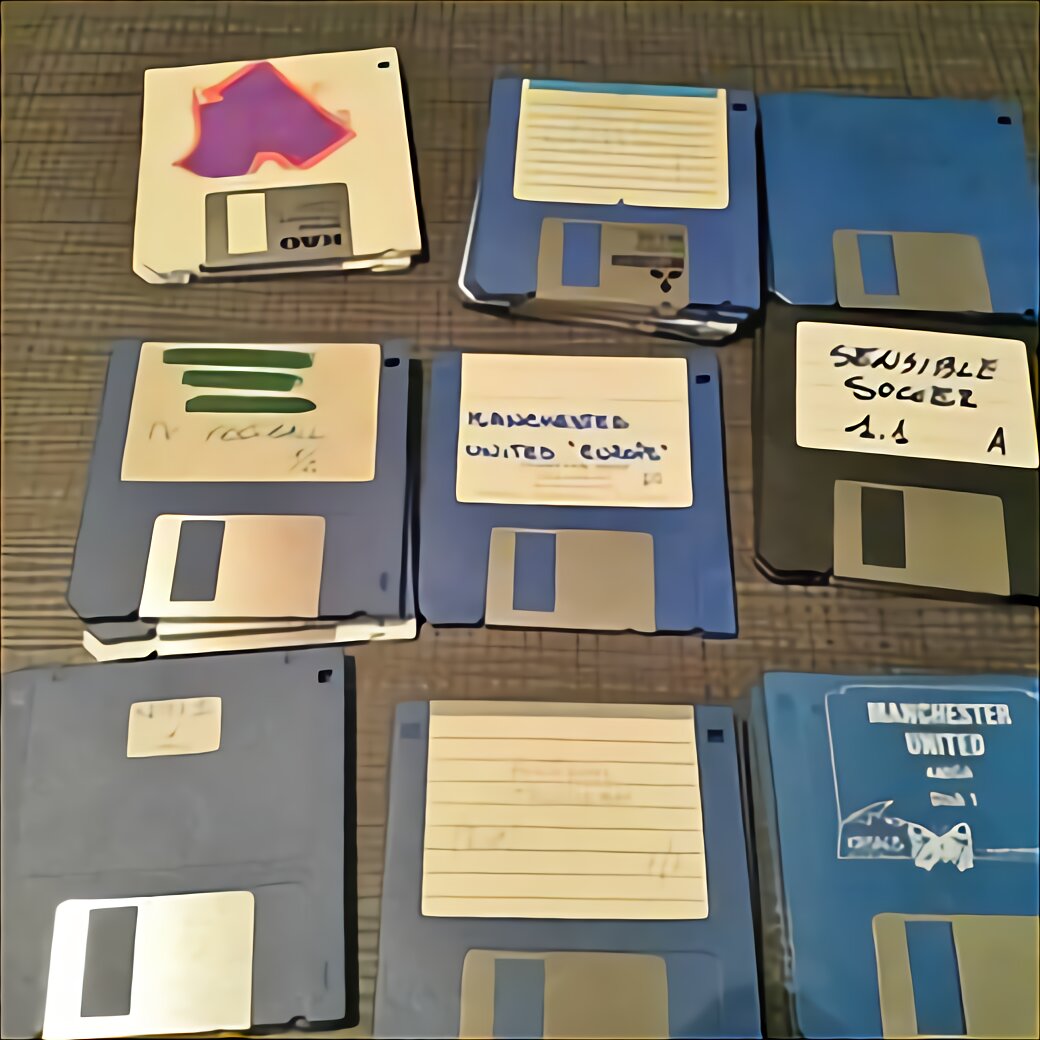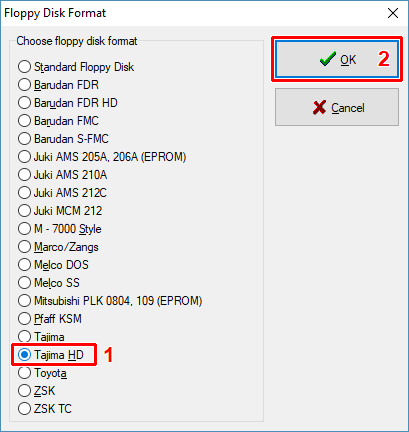


Given that “ FM sector image” and “ MFM sector image” doesn’t sound very glamorous, let us just point out that due to intelligent handling, this supports basically any normal disk used for systems that contain a generic FM or MFM FDC - for example, all those weird synthesiser sample disk formats should work right out of the box! KryoFlux was inspired by ideas for the Cyclone20 project by Rich Aplin.ĭEC RX02 sector image, 77+ tracks, SS, SD/ DD, 360, FM/DMMFMĪll this means we support pretty much any platform already: Acorn Electron, Apple, Amstrad CPC, Archimedes, Atari 8-bit, Atari ST, BBC, Commodore 64, Commodore Amiga, MSX, IBM PC, PC-8801, Sam Coupe, Spectrum, and many, many others. To see the current progress, have a look at the latest work-in-progress reports.

KryoFlux is available from the KryoFlux Webstore. This will not guarantee that the data on a disk is correct (at least, not for an unknown format) or authentic, that requires analysation, but it is very good at indicating problems when reading disks and when transferring that data to the host PC, and will also give a good degree of confidence of if the disk is in a known format.

KryoFlux was written primarily with preservation of floppy disk data in mind, and so a large amount of effort was expended to create a reliable system that integrates comprehensive error detection mechanisms. Here are two teaser trailers that show the write functionality: Amiga and Atari ST If you are new to KryoFlux, you can see the info-trailer here. It can also read and write disks originally written with different (and even varying) bit cell widths and drive speeds - including varied cell widths within the same track -, with a normal fixed-speed drive. KryoFlux can read and write data with no regard for what disk format or copy protection a disk may contain. It reads and writes flux transitions on floppy disks at a very fine resolution. KryoFlux is an advanced software-programmable FDC (Floppy Disk Controller) system that runs on small ARM7-based devices and connects to a host PC over the ubiquitous USB connector.


 0 kommentar(er)
0 kommentar(er)
